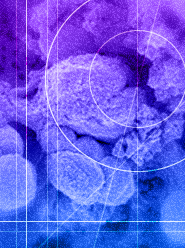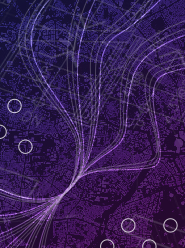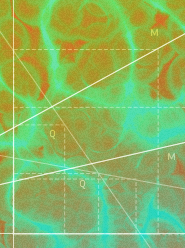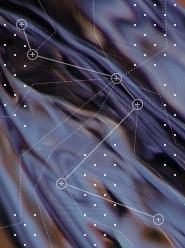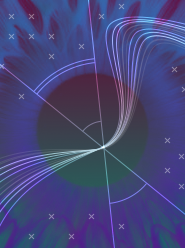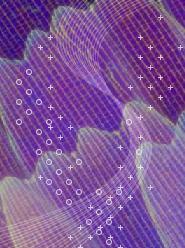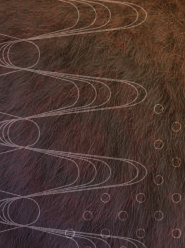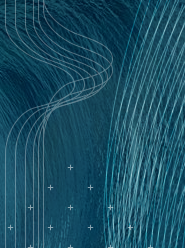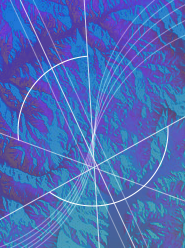An Associate Team is a joint research project created between a research team in Inria France and another foreign team. Both teams define a scientific objective, as well as a research program that involves a bilateral exchange of knowledge. They seek to promote and develop scientific collaborations around the world.
The creation and strengh of the associate teams in Chile is part of the priorities in Inria Chile. The French-Chilean associate teams long-standing collaborations between the two countries, with 37 research teams having worked together since Inria's inception in Chile. They stand out for their dynamism, with the creation each year of new working groups led by researchers from both countries.
Current associate teams 2025
As of 2025, there are 10 associate teams between France and Chile, which are being carried out with the participation of partner universities in the latter country, such as the Universidad de Chile, Pontificia Universidad Católica de Chile, Universidad de Valparaíso, Universidad Técnica Federico Santa María, Universidad Austral de Chile, Universidad de Santiago, Universidad Adolfo Ibáñez, Universidad de O’Higgins, Pontificia Universidad Católica de Valparaíso and Universidad de Concepción.
Previous associate teams
- ALDYNET: Algorithm for large and Dynamic Networks
- ALDYNET2: Algorithm for large and Dynamic Networks
- ANACONDA: Theoretical and numerical ANAlysis of CONservation laws for multicellular DynAmics
- ANESTOC-TOSCA: Stochastic modelling of biology and renewable energies
- ARMADA: hARnessing MAssive DAtaflows
- BANANAS: Security and confidenciality
- BIOINTEGRATIVECHILE: Digital biology
- BIO-SEL: BIlevel Optimization in Security, Energy and Logistics
- BIPLOS: BIlevel Problems in LOgistics and Security
- BLUEEDGE: Artificial Intelligence and optimization for cleaner biotechnological processes
- CORTINA: Neurosciences et médecine numériques
- DYMECOS2: DYnamical Microbial and Environmental eCOSystems
- FOAM - First-Order Accelerated Methods for Machine Learning
- GECO: Verificación gradual e ingeniería de prueba robusta para COq
- GQA: Languages for Graph Querying and Analytics
- GREENCORE: Modeling and control for energy producing bioprocesses
- INTEGRATIVEBIOCHILE: Biologie numérique
- MAGMA: Modelling And understandinG Motion Anticipation in the retina
- MANAP: Markovian ANalysis and APplications
- NEMOLOCO: NEw MOdeling Tools for Coastal Oceanography
- NOLOCO: Esquemas numéricos eficientes para fenómenos de transporte no local
- OCONET: Optimization and control in network economics
- PLOMO: Distributed programming and software engineering
- PLOMO2: Distributed programming and software engineering
- SCADA: Distributed programming and software engineering
- SymBioDiversity - Symbolic and numerical mining and exploration of functional biodiversity
- SusAIn: Towards a Sustainable Artificial Intelligence

